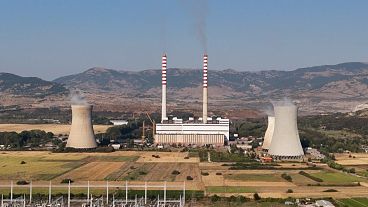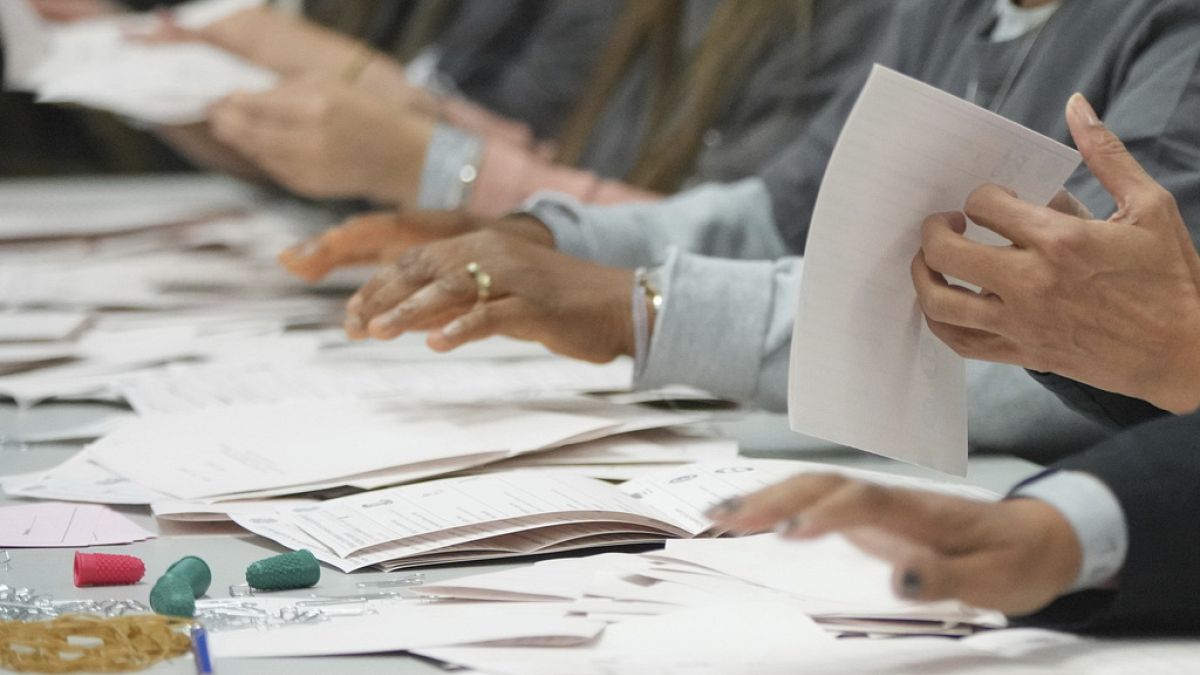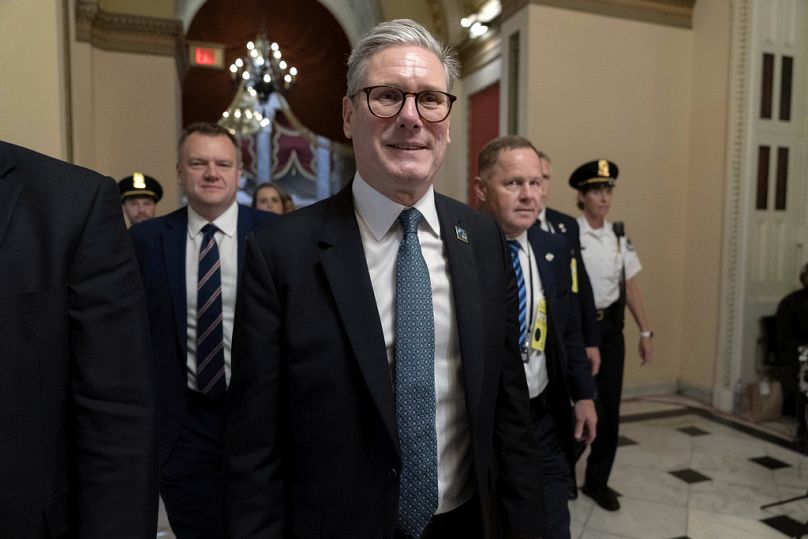Just 52% of those eligible voted in the general election earlier this month, the Institute for Public Policy Research has found.
It was the lowest turnout since the First World War of 1914-1918.
Only three in five of those registered to vote ended up voting, the lowest turnout since 2001 - yet, the figure is even lower when counted as a share of the entire adult population. If the non-voters were a party, they would have won by a landslide, the Institute for Public Policy Research report concluded.
The election was won by the Labour Party making its leader Keir Starmer the prime minister, and putting an end to 14 years of Conservative rule.
"It is a future changed by just one-half of adults in the UK," the IPPR stated.
The IPPR also found that turnout was higher in constituencies where a large part of the population were either older or wealthy homeowners or white - or a combination of them.
Turnout was 11% higher in places which had the highest proportion of adults over 64, compared to places with the lowest proportion. In constituencies with the highest proportion of homeowners, turnout was 13% higher.
Regarding ethnicity and religion, turnout was 7% lower in places with the highest numbers of people from minority ethnic backgrounds. In constituencies with the highest proportion of Muslim people, turnout was 10% lower.
"Put simply, the 'haves' speak much louder than the 'have-nots' in British democracy," the report says. "Those who stand to benefit most from democratic policymaking are those with the weakest voices in the room."
As a consequence of the low turnout in the election, the Labour party wants to introduce an elections bill in the upcoming week that is expected to lower the voting age to 16 from 18 and allow for automatic voter registration.
The IPPR is urging policymakers in the UK to make it easier to vote and to modernise the eligibility criteria for those who can participate.
The UK has long been concerned about voter turnout. The former Conservative government put an additional obstacle for voters by requiring people to bring photo ID.
Polls suggest about 400,000 did not vote in the general election because they lacked ID.













